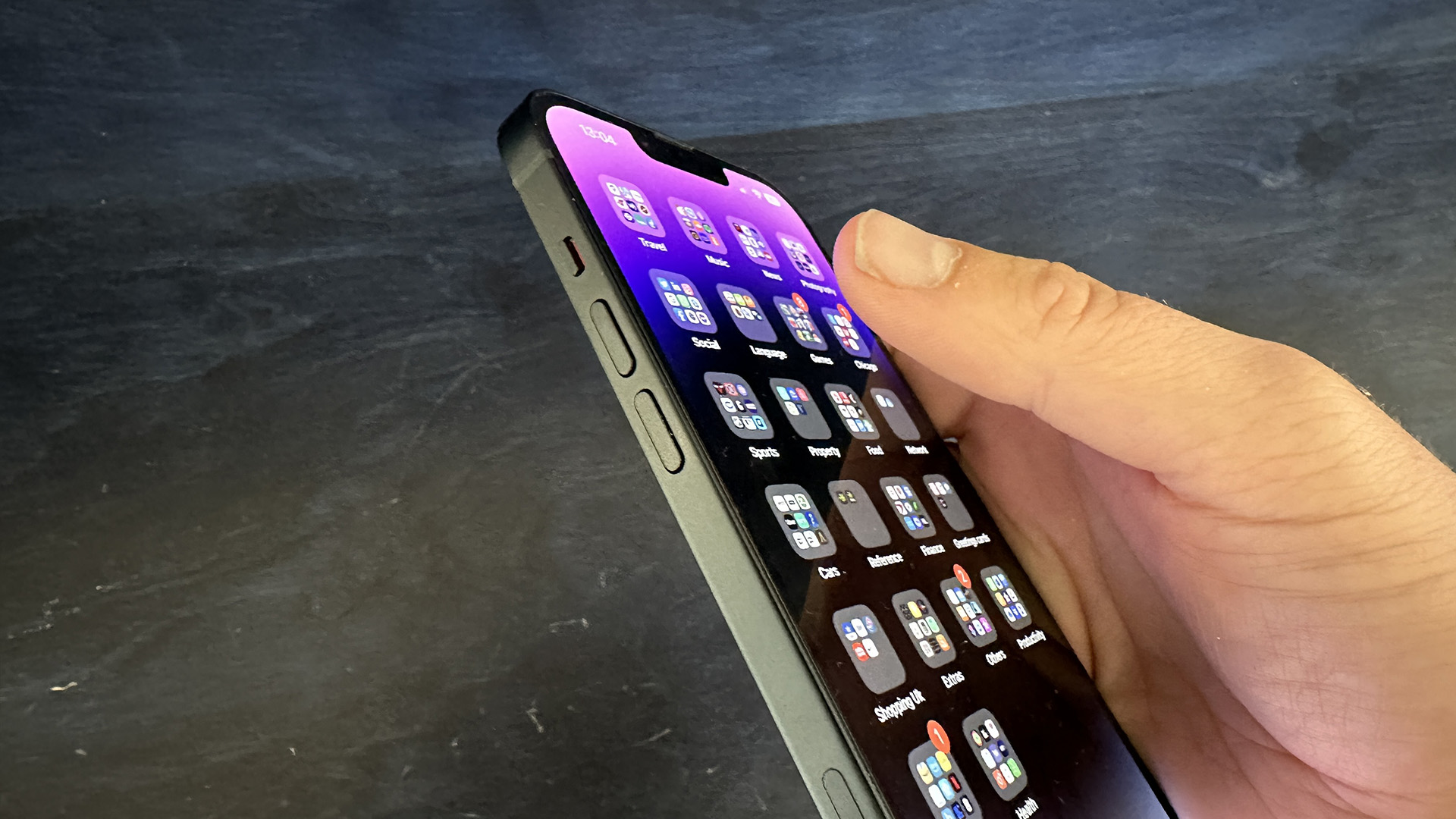
The iPhone 15 range is set to be released later this year, and a slew of rumours and leaks have already given us a pretty good idea of what we might see. That volume of information comes with good reason, too – if everything we've heard proves true, this will be one of the biggest redesigns in iPhone history.
Some of the expected new features are part of the usual cycle of upgrades that companies go through. In the case of the iPhone 15, some are not. Apple has had a storied back-and-forth with large bodies like the European Union, whose rules have changed the blueprint for their new phone.
Features like a USB-C charging port have been brought about thanks to regulation. Now, another ruling looks set to change the way the new iPhone behaves – though this one is reported to only happen for European users.
According to Mark Gurman, a popular Apple insider, European iPhone 15 handsets will allow sideloading – but other territories won't. The comments were made on an episode of The MacRumors Show, where Gurman said, "I think it will be a Europe only feature. I think that they're not going to shoot themselves in the foot and expand this globally if they don't have to."
Sideloading, if you aren't aware, is the ability to download apps from sources other than the official App Store. That's already possible on Mac, and a cohort of users have been vocally requesting the feature on iPhone.
Apple haven't been especially keen to enable this. Publicly, they cite that this is due to safety concerns. The App Store features a stringent and robust set of entry requirements, designed to weed out apps that could be potentially malicious.
It's also a monetary issue for Apple. Currently, they collect 15-30% of all transaction fees on the App Store, and they'll be keen to hang onto that revenue stream.
Personally, I'm all for this. The vast majority of iPhone users will be more inclined to use the App Store as they've become accustomed to. But, for those that do want the ability to sideload apps, they can. It's a real win-win.
The safety concern is a valid one, and I'd expect there to be a lot of regulation around the process. That's in part to dissuade users from using it – why go through the hassle if the App Store is simpler? – and in part to protect users who may be unaware of the potential consequences of an unverified app.
It's unclear if this will get a proper announcement at WWDC 2023, either. While it would be a new feature, it's not one that Apple is going to want to shout about, so it may just be a quiet addition. We'll know more in a little under six weeks, when the event kicks off.







